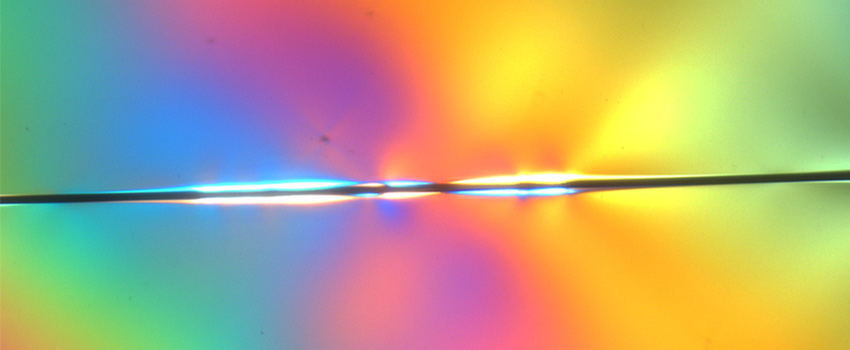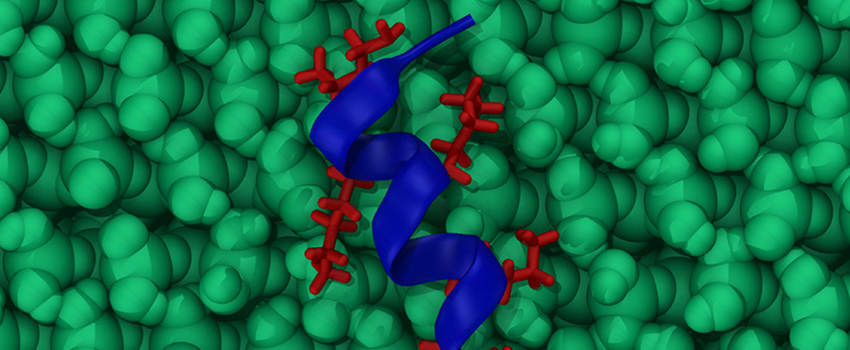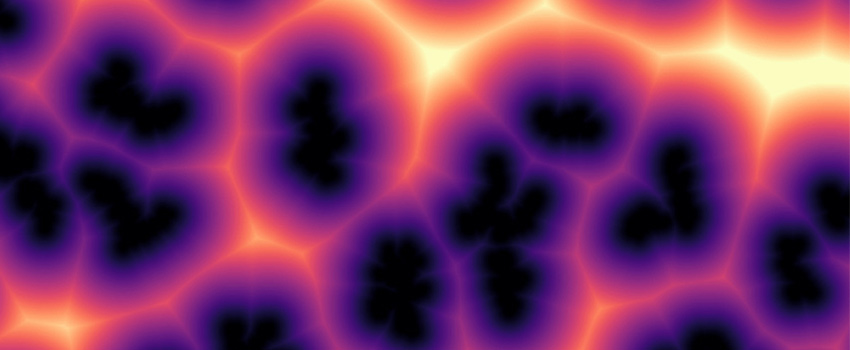
Advanced materials & interfacial engineering
Leveraging our excellence in nanoscale and molecular engineering and science, UW ChemE labs produce a huge range of new materials – from biocompatible and antifouling coatings to plasmonic nanoparticles to complex self-assembling structures — for applications in medicine, energy, and beyond. Our labs are renowned for their expertise in biomaterials, interfaces, and surface chemistry, and are pioneering methods in directed assembly, defect engineering, and surface characterization.

Data science & molecular simulation
Ever-expanding streams of data from high-throughput experiments, industrial sensors, advanced instrumentation, and simulation are fundamentally changing chemical engineering. Our faculty are at the forefront of this data science transformation. They’re using machine learning, computational molecular science, and high-performance computing to improve semiconductors and solar cells, characterize materials, and discover novel renewable chemicals, among other cutting-edge projects.

Health & biotechnology
The skills of chemical engineers are uniquely suited to developing next-generation solutions to persistent health challenges. UW ChemE boasts strong cross-disciplinary work with medical researchers in the design of smarter therapeutics, targeted drug delivery systems, and better diagnostics. Our faculty also conduct research in systems and synthetic biology, as well as metabolic, biomolecular, and protein engineering.

Clean energy & sustainability
ChemE researchers are developing materials, devices, systems, and processes to tackle pressing sustainability challenges and decarbonize the economy. In the clean energy space, we innovate at the nanoscale all the way up to the grid level. Our faculty specialize in electrochemical systems and drive improvements in photovoltaics, batteries, fuel cells, and electronic polymers. For sustainability, ChemE labs are developing more-efficient processes for cleaning up pollutants and upcycling waste into valuable products.